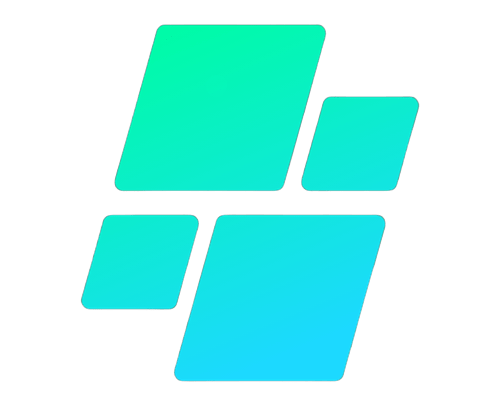The Dark Web is a hidden part of the internet that is not indexed by traditional search engines. It is a subset of the Deep Web, which refers to any content not indexed by search engines, including private databases and password-protected websites. While the Dark Web is often associated with illegal activities, it also serves as a platform for privacy and free expression. In this article, we explore what the Dark Web is, how it works, and its potential risks and benefits.
What is the Dark Web?
The Dark Web refers to a small portion of the Deep Web, which is intentionally hidden and requires special software to access. Unlike the surface web, which is accessible through regular web browsers, the Dark Web can only be accessed using privacy-focused tools like Tor (The Onion Router) or I2P (Invisible Internet Project). These tools allow users to browse the Dark Web anonymously by encrypting traffic and routing it through multiple layers of networks.
How Does the Dark Web Work?
The Dark Web operates by using a decentralized network of servers and special software designed to keep users’ identities hidden. Tor, the most widely used tool to access the Dark Web, works by routing internet traffic through a series of relays, making it difficult to trace the source of the traffic. This level of anonymity is what makes the Dark Web appealing to individuals who wish to maintain privacy, such as journalists, activists, or people living under oppressive regimes.
To access websites on the Dark Web, users must know the exact URL, as traditional search engines cannot index these sites. Websites on the Dark Web typically have URLs ending in “.onion” (for Tor) or “.i2p” (for I2P), and these URLs are often shared through forums, online communities, or other encrypted channels.
The Risks and Dangers of the Dark Web
While the Dark Web can be a haven for privacy-conscious individuals, it is also notorious for hosting illegal activities. Some of the risks associated with the Dark Web include:
- Illegal marketplaces: The Dark Web is home to illegal marketplaces where users can buy and sell illicit goods, including drugs, firearms, and stolen data.
- Cybersecurity threats: Many Dark Web sites are used by hackers to exploit vulnerabilities, and accessing certain sites can expose users to malicious software, phishing attacks, and scams.
- Law enforcement scrutiny: Engaging in illegal activities on the Dark Web can lead to criminal charges. Law enforcement agencies have become increasingly sophisticated at tracking and apprehending individuals involved in illegal activity online.
The Benefits of the Dark Web
Despite its negative reputation, the Dark Web has certain benefits, particularly for those seeking anonymity and privacy. Some of the positive aspects of the Dark Web include:
- Privacy and anonymity: The Dark Web allows users to communicate and browse the internet without revealing their identities, providing a valuable tool for those who need to protect their privacy.
- Freedom of speech: In countries with oppressive regimes, the Dark Web can be a platform for free expression, allowing activists and journalists to share information without fear of government surveillance.
- Access to censored information: The Dark Web can serve as a bypass for individuals living in countries where information is heavily censored, enabling them to access news, research, and data that may be restricted in their region.
Is the Dark Web Legal?
Accessing the Dark Web itself is not illegal, but the activities one engages in while on the Dark Web can be. Many of the actions that occur on the Dark Web, such as purchasing illegal items or engaging in criminal activity, are against the law. It’s important to note that while browsing the Dark Web for privacy or research purposes is legal, engaging in illegal activities can result in severe consequences, including arrest and prosecution.
How to Stay Safe on the Dark Web
If you choose to access the Dark Web, there are several precautions you should take to ensure your safety and privacy:
- Use strong encryption: Always use tools like Tor or I2P to protect your anonymity and ensure that your connection is encrypted.
- Be cautious about what you share: Never share personal information or engage in activities that could compromise your identity or security.
- Use a VPN: A VPN (Virtual Private Network) can add an extra layer of security by masking your IP address and encrypting your internet traffic.
- Avoid illegal activities: Stay away from illegal markets and activities that could get you into trouble with the law.
In conclusion, the Dark Web is a complex and often misunderstood part of the internet. While it offers a valuable platform for privacy and free speech, it also poses significant risks due to its association with illegal activities. Understanding how the Dark Web works and taking the necessary precautions can help you navigate it safely if you choose to explore it.

